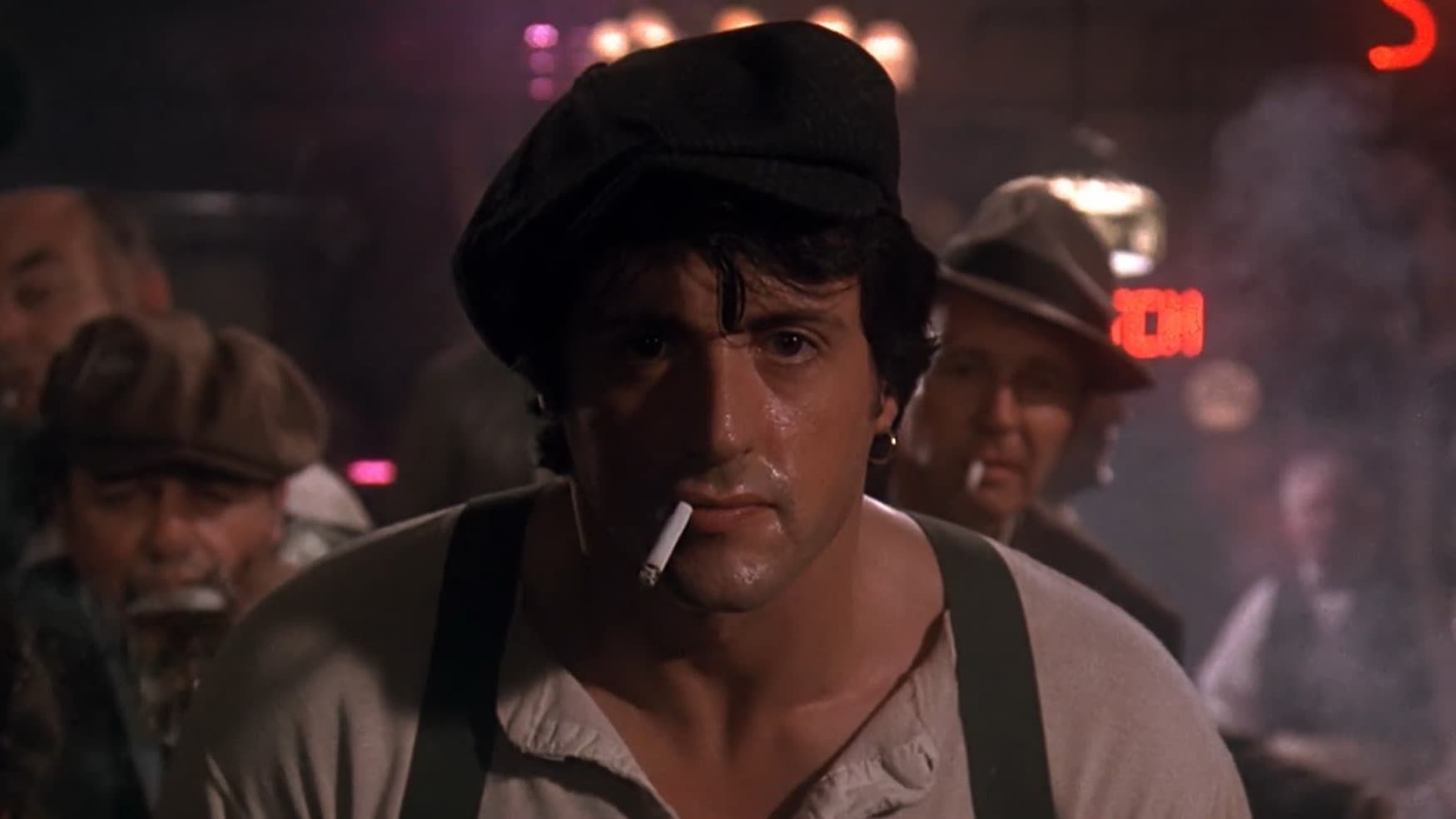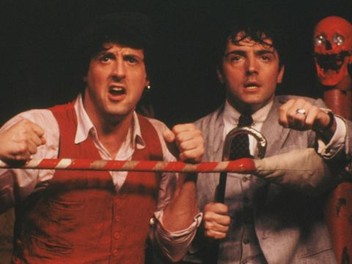Paradise Alley (1978)

Paradise Alley (1978)
Paradise Alley (1978) marks Sylvester Stallone’s directorial debut, and he also stars as Cosmo Carboni, a slick-talking hustler with big dreams in 1940s Hell’s Kitchen, New York. The film is a gritty, character-driven drama about three Italian-American brothers—Cosmo, Lenny, and Victor—struggling to escape poverty and find purpose in a harsh, working-class neighborhood.
Cosmo Carboni is the oldest of the three and a fast-talking schemer, always chasing the next big idea to strike it rich. His middle brother, Lenny (Armand Assante), is a hardened, bitter World War II veteran working at a funeral home. The youngest, Victor (Lee Canalito), is a simple-minded but good-hearted giant who works hauling ice blocks and avoids conflict. Despite their differences, the brothers are bound by blood, loss, and a mutual longing for something better.

When Cosmo stumbles upon the underground world of professional wrestling, he sees a golden opportunity. He convinces Victor to enter the ring, using his brute strength to earn money and fame. Though reluctant at first, Victor agrees, wanting to please his older brother and support the family. Cosmo appoints himself as Victor’s manager, dubbing him “Kid Salami,” and begins promoting his matches.

As Victor climbs the ranks and the winnings grow, tensions between the brothers rise. Lenny, skeptical of Cosmo’s get-rich-quick schemes, steps in to protect Victor and insists on overseeing his training. What begins as a hopeful venture quickly spirals into a toxic power struggle, exposing years of resentment, guilt, and buried pain.
Cosmo’s obsession with success blinds him to the physical and emotional toll wrestling takes on Victor. The matches become increasingly violent, and Victor begins to lose his innocence. The final bout, against a brutal opponent named Frankie the Thumper, becomes a moment of reckoning. The brothers must confront not only the damage inflicted by the sport but also the deeper wounds within their own relationship.
In the end, redemption comes not through victory in the ring, but through reconciliation. Cosmo recognizes the cost of his ambition and reclaims his humanity by putting family first. The film concludes with the Carboni brothers walking away from the violence, closer and more understanding than before.
Paradise Alley is a heartfelt tale of family, struggle, and redemption. While more grounded and personal than Stallone’s Rocky, it showcases his deep interest in working-class stories and the strength of brotherhood amid hardship.











